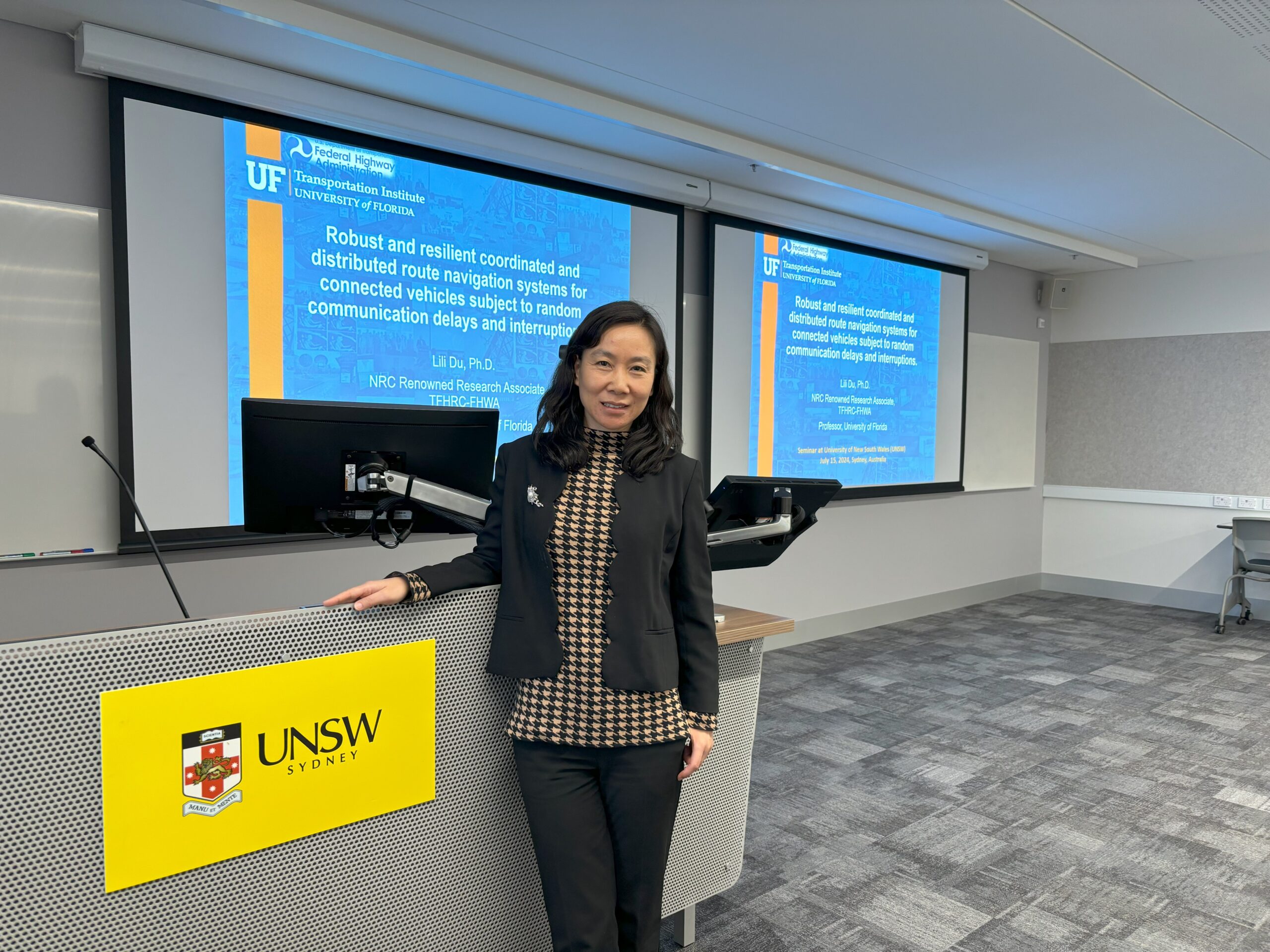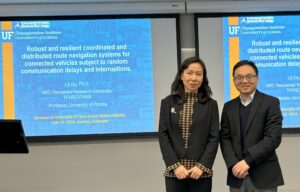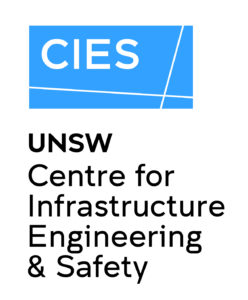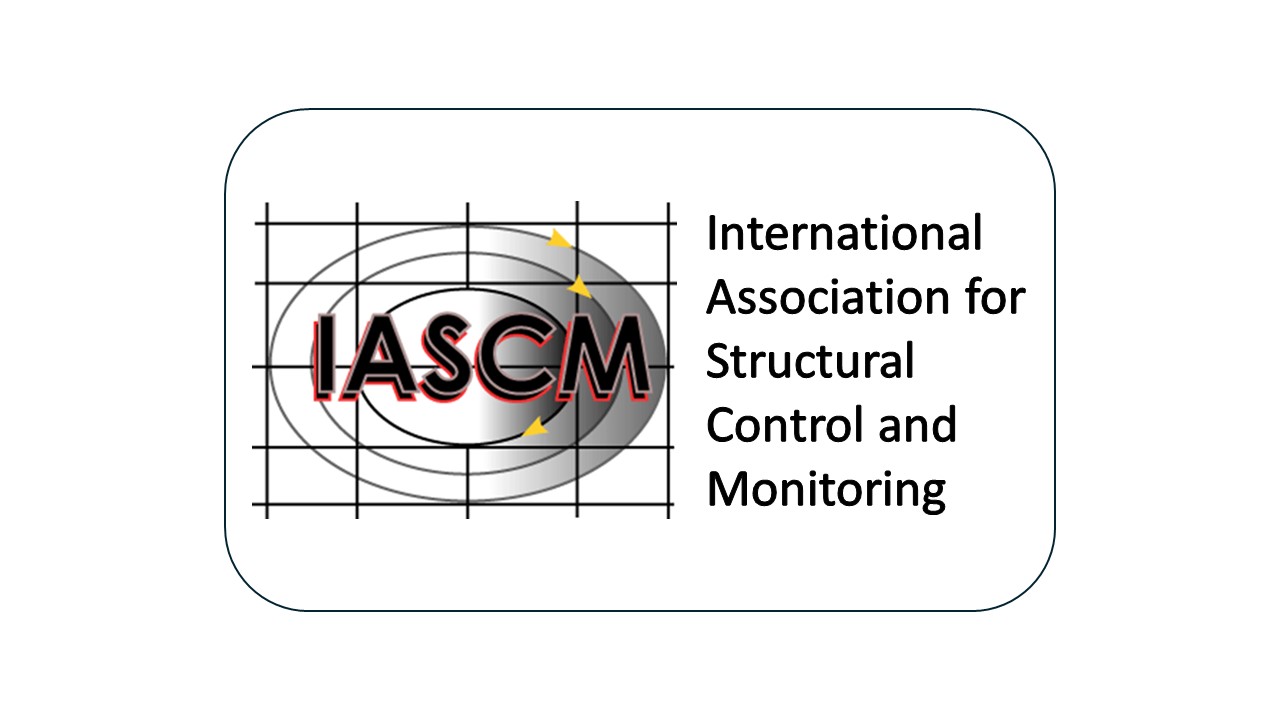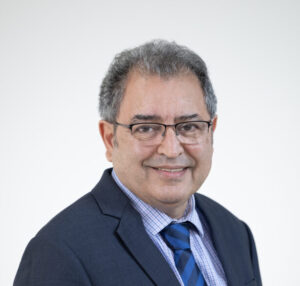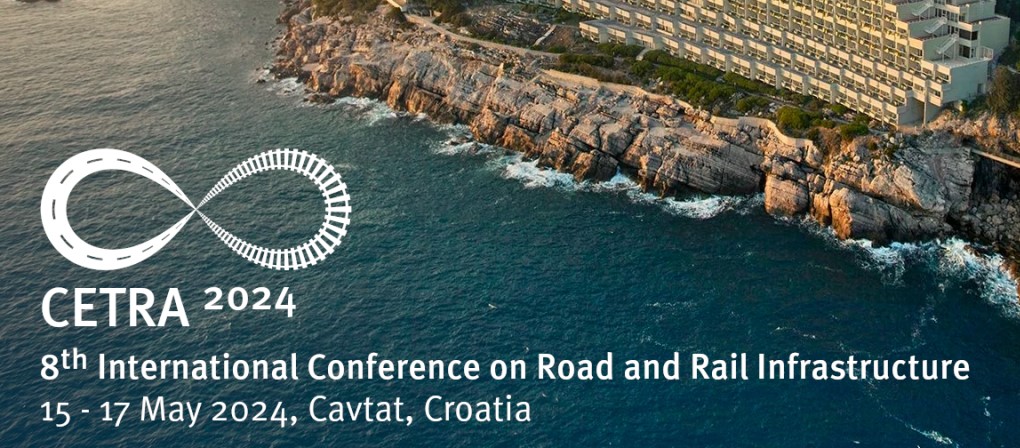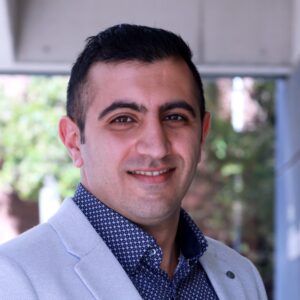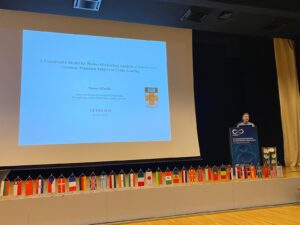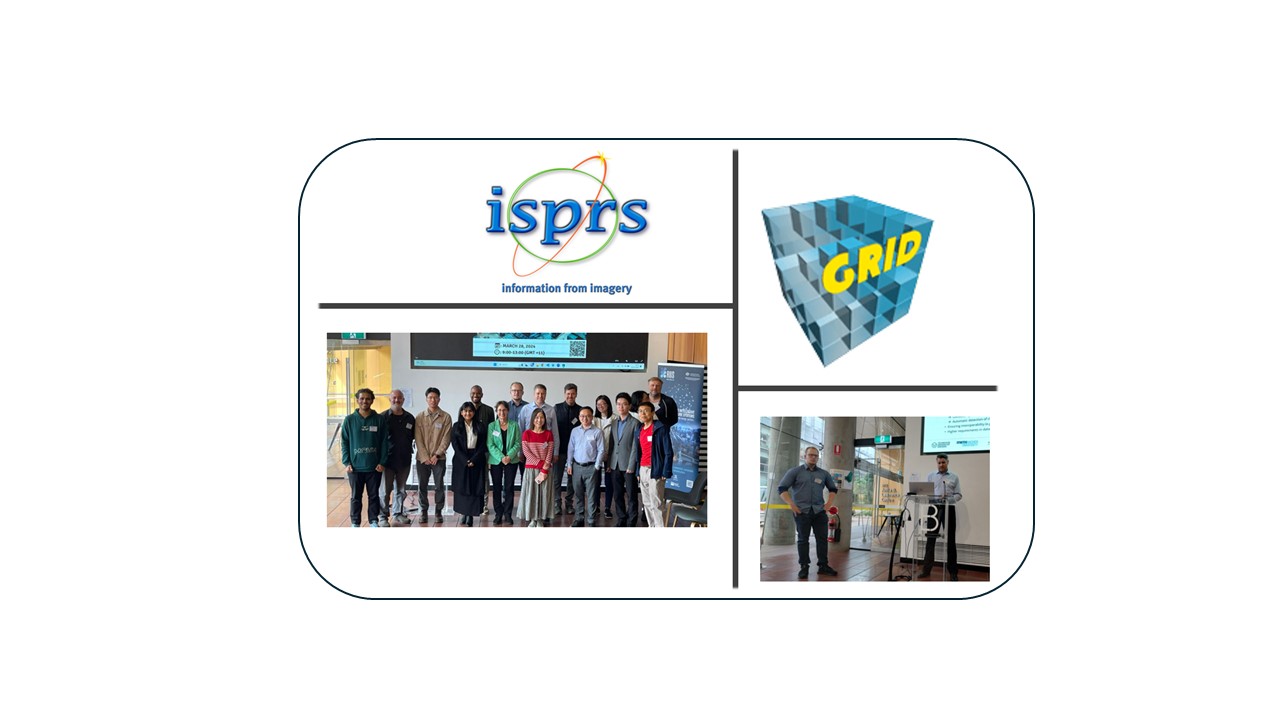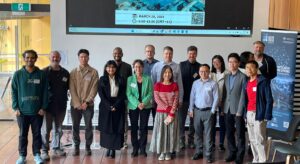RIIS Hub was delighted to support multiple PhD researchers’ participation in the ‘2024 Information Resilience PhD School’ during October in Brisbane, hosted by the ARC Training Centre for Information Resilience (CIRES).
The event, now in its third year, gathers PhD students from around Australia to take part in a series of activities and updates that are designed to help them build peer-to-peer networks and explore data science practices and career pathways.
RIIS Hub PhD student Masoud Kamali attended, and was awarded the ‘People’s Choice’ award for his 3-Minute Thesis Presentation
“The event workshops and sessions were incredibly informative and engaging, offering valuable insights that significantly broadened my expertise. PhD researchers from various ARC Hubs presented their work across diverse fields, including Generative AI, Data Quality, and Computer Vision, making it a comprehensive and engaging event.”
“My 3MT presentation focused on Zero-shot 3D Object Detection in complex industrial environments. This research involves designing and developing a monocular 3D object detection approach for industrial assets, leveraging vision-language models (VLMs), computer vision, and deep learning algorithms.”
RIIS Hub PhD student Ensiyeh Javaherian Pour was a Group Competition winner: Data Science and Analytics
“Attending the PhD school was a wonderful opportunity. I found the experience invaluable.
It provided me with the chance to engage with other PhD students, learn about their projects, and share insights. Additionally, I thoroughly enjoyed the other sessions, particularly those led by esteemed presenters who discussed advancements in AI technology and data engineering. The event was both comprehensive and engaging, offering a wealth of knowledge and inspiration.”
The event featured a competition designed to expand student knowledge:
“(Our winning group) achievement was particularly gratifying and impressive for RIIS Hub students, showcasing our capabilities and determination.”
RIIS Hub PhD student Alireza Haji Heidari attended, and was also a Group Competition winner
“The event was incredibly insightful and informative and valuable experience, allowing me to engage with leading researchers and fellow PhD candidates.”
“A series of interactive sessions, including keynotes, workshops, panel discussions, 3MT and poster browsing provided deep insights into cutting-edge data science practices and the future of data-driven research.”
“The ‘Beyond Research’ day was particularly enriching, as I learned from industry professionals. These interactions have opened new avenues for potential collaborations and opportunities.”
“The Information Resilience PhD School 2024 has been a transformative experience. It has not only enhanced my knowledge and skills but also expanded my professional network. I am grateful for the opportunity to be part of such a prestigious event and look forward to applying what I have learned to my ongoing research.”
Program highlights included:
- Keynote talks with Professor Felix Naumann from the Hasso Plattner Institute on Data Quality Practices in the Age of AI, and Professor Lina Yao from UNSW on Towards Agentic Recommender Systems
- Panel discussion including Research Careers in Industry with Rakalene Condon from TechnologyOne, Lawrence Kusz from Chatstat, and Dr Julien Monteil from Amazon; and ECR panel with Dr Solmaz Abdi, PhD from Australian Energy Market Operator (AEMO), Dr Lei Han from Queensland Police Service, Dr Ruihong Qiu from UQ, and PhD Researcher Kim Bente from the University of Sydney
- Technical Tutorials with Dr Aneesha Bakharia from University of Queensland, and Dr Xin Zheng from Griffith University
- Interactive sessions, writing workshop, industry engagement & entrepreneurship, 3-Minute Thesis (3MT), poster session, awards presentation and more
More information on the 2024 PhD Resilience School can be found here: https://cires.org.au/event/information-resilience-phd-school-2024/
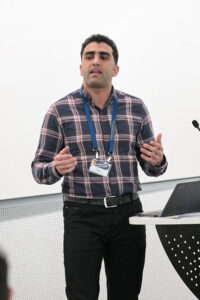
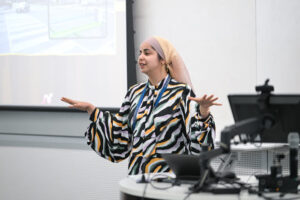
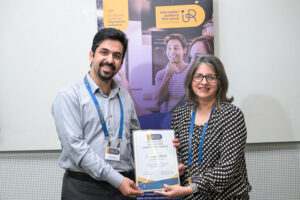
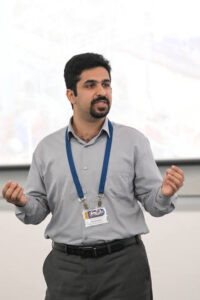
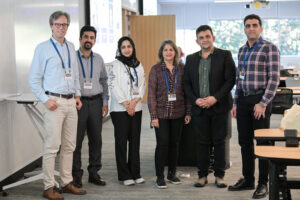
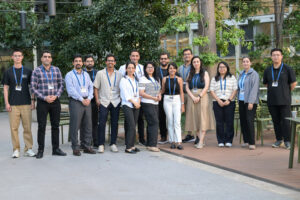
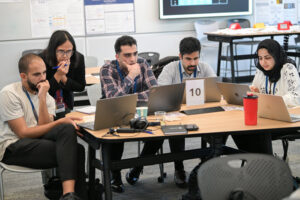
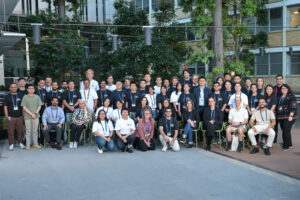
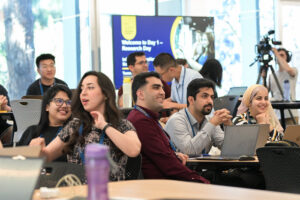
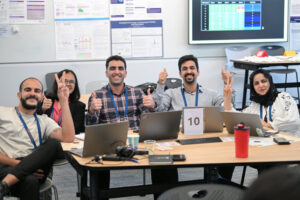
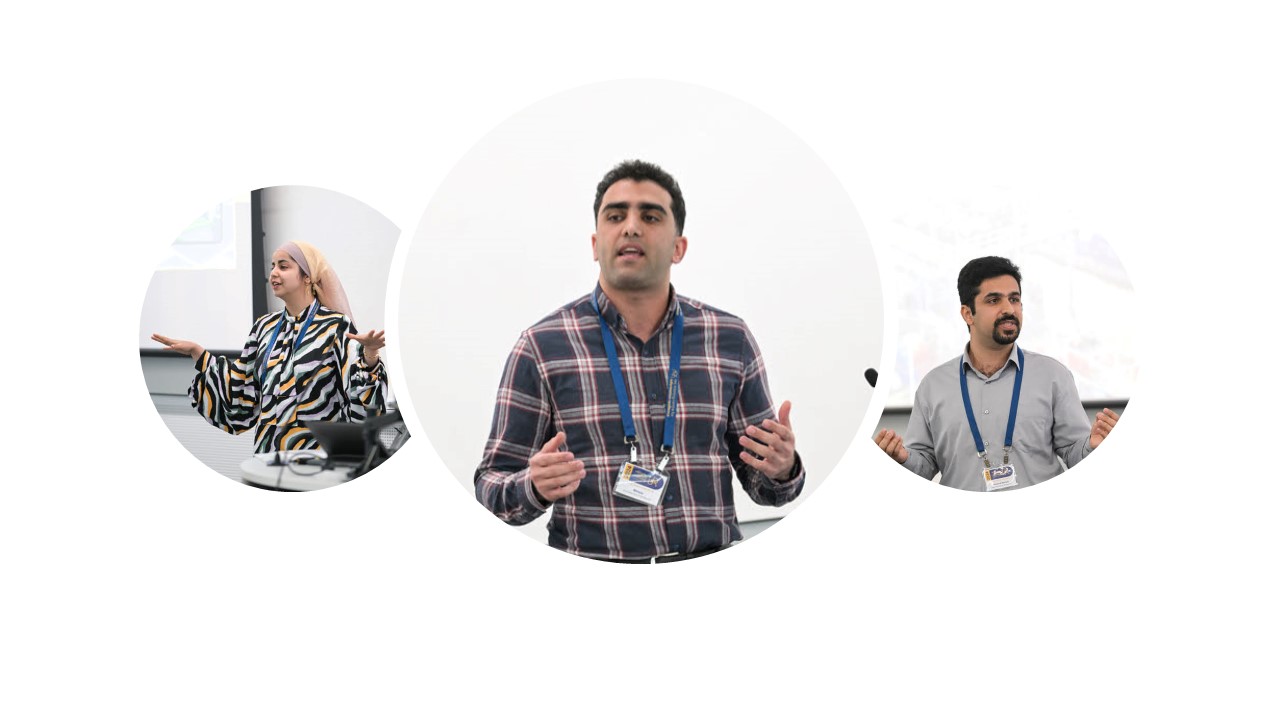
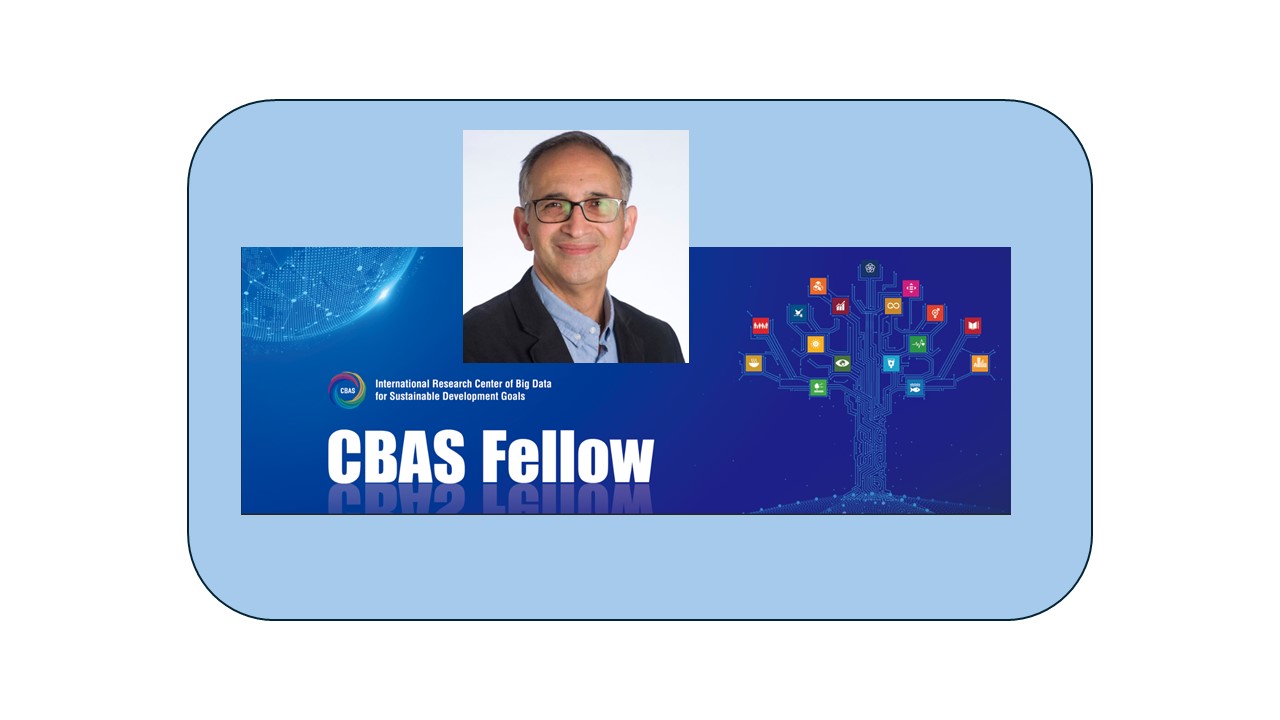
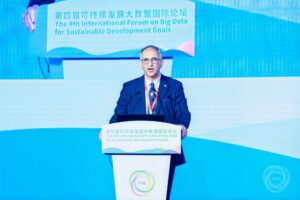
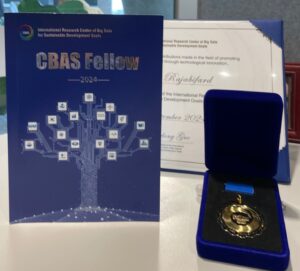


 Learn more about
Learn more about 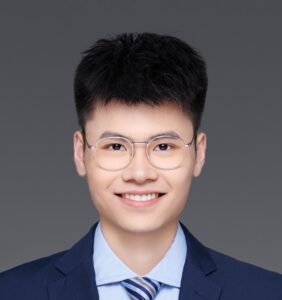 Learn more about
Learn more about 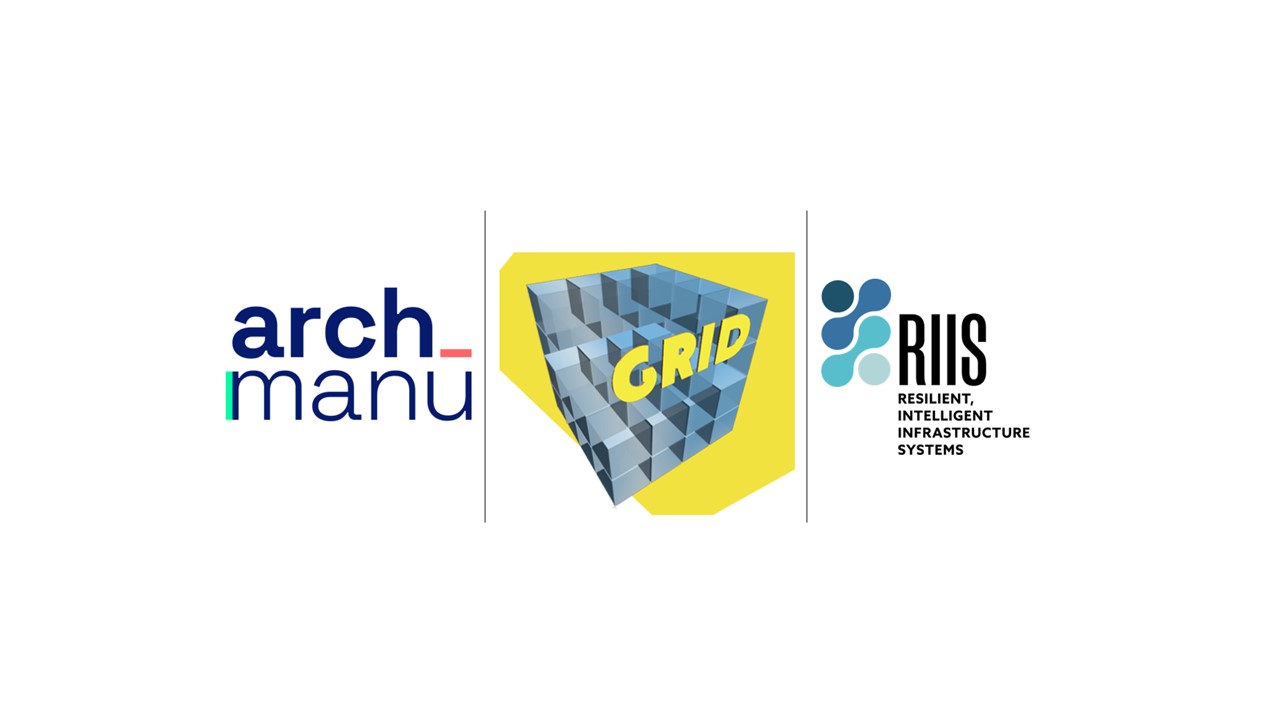

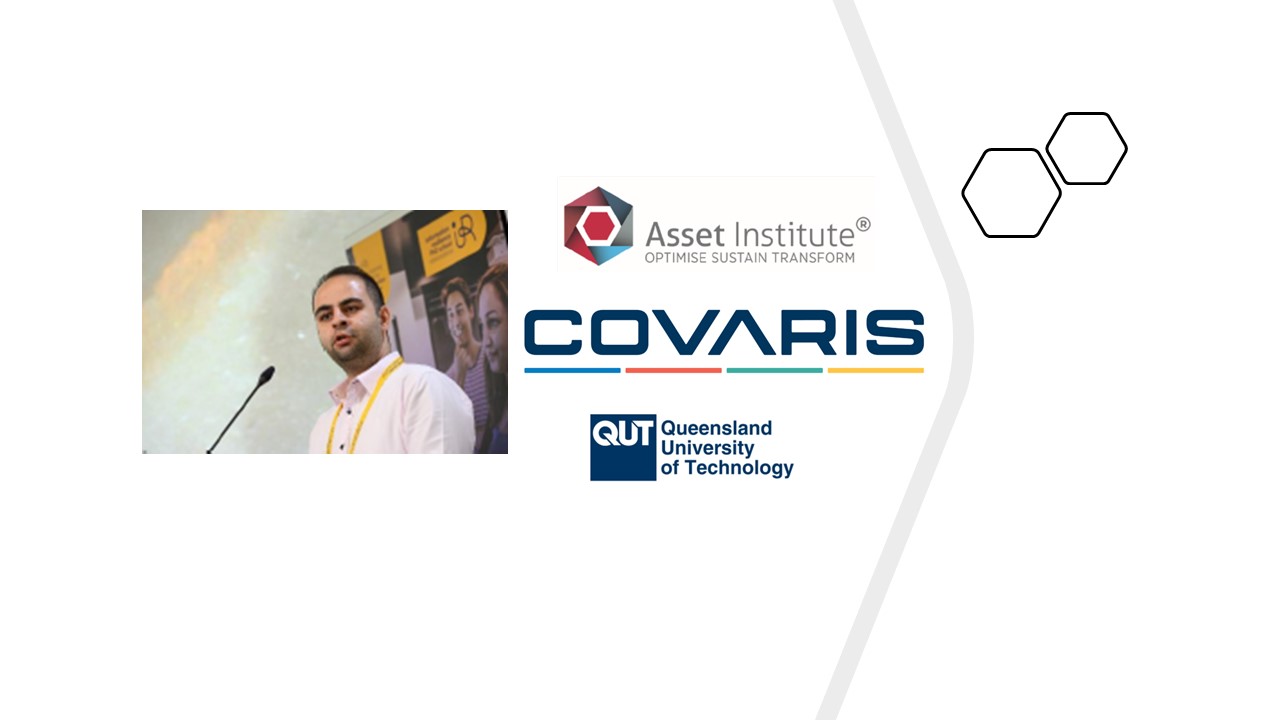
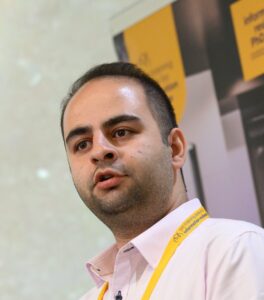 PhD student Saeed Khalaj is part way through a three-month internship with Sydney-based Covaris, a leading engineering and technology consultancy which works with clients to solve maintenance engineering and asset management challenges.
PhD student Saeed Khalaj is part way through a three-month internship with Sydney-based Covaris, a leading engineering and technology consultancy which works with clients to solve maintenance engineering and asset management challenges.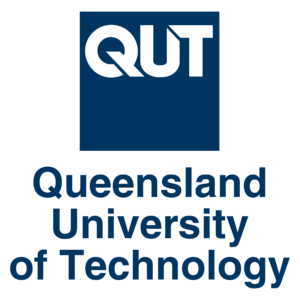

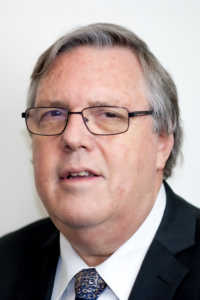 Covaris Managing Director Bob Platfoot recently shared that Covaris’ primary goal, since the company’s inception more than 24 years ago, is, “to help organisations and people in the discipline of asset management”.
Covaris Managing Director Bob Platfoot recently shared that Covaris’ primary goal, since the company’s inception more than 24 years ago, is, “to help organisations and people in the discipline of asset management”.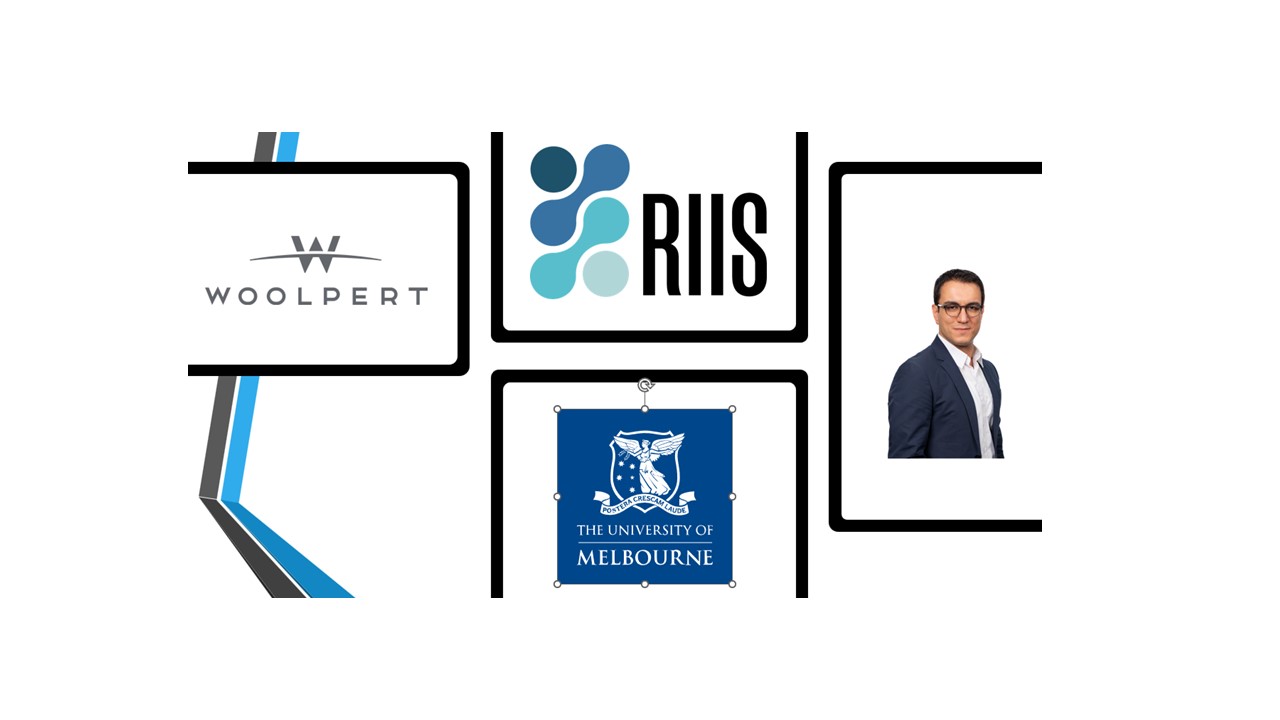
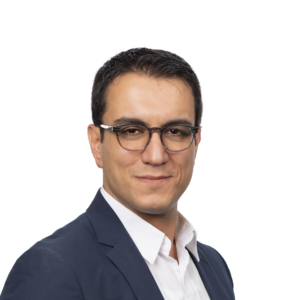 Our newest member to our RIIS hub is
Our newest member to our RIIS hub is  mir’s thesis topic is “Investigating advanced methods for point cloud segmentation and processing to support near-real-time infrastructure and asset modelling, management, maintenance, and resilience.”
mir’s thesis topic is “Investigating advanced methods for point cloud segmentation and processing to support near-real-time infrastructure and asset modelling, management, maintenance, and resilience.”